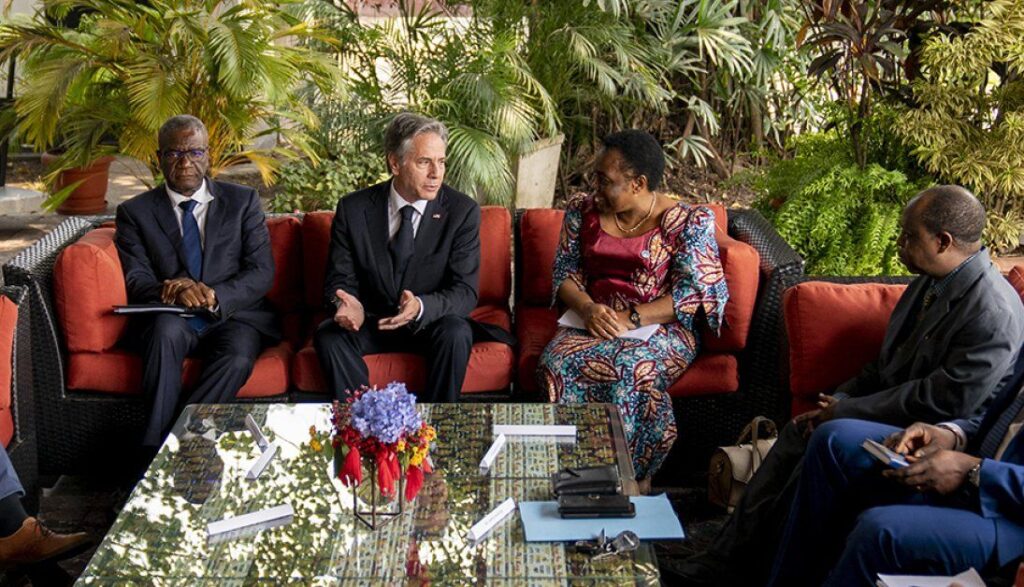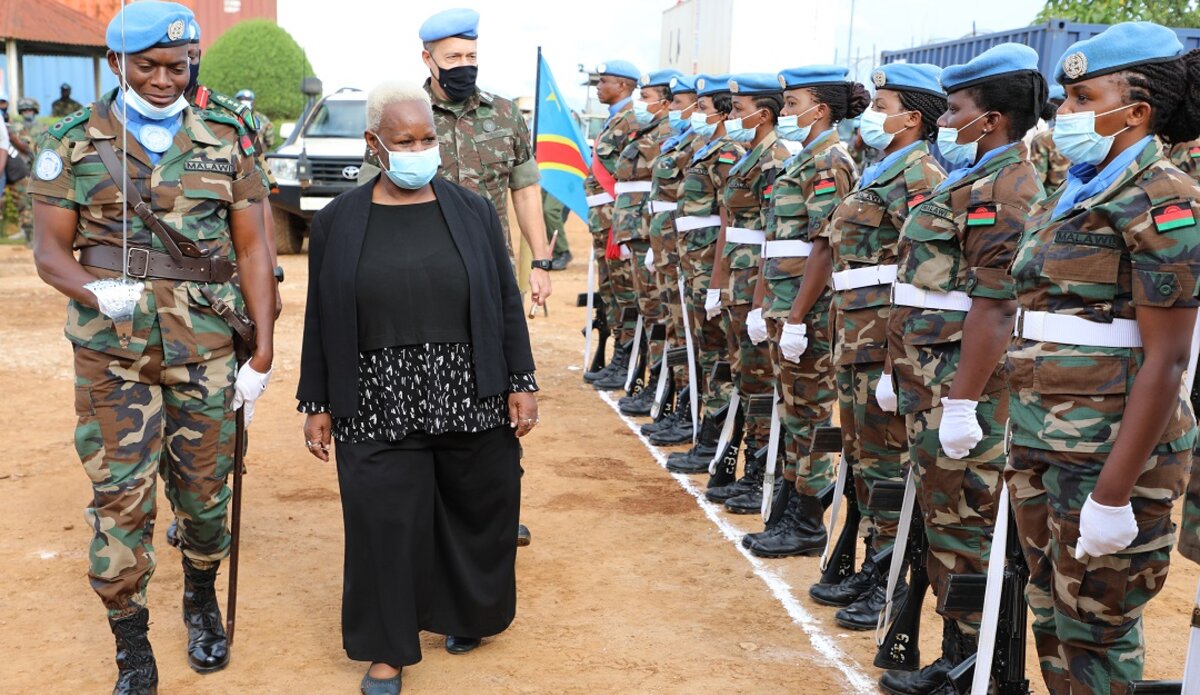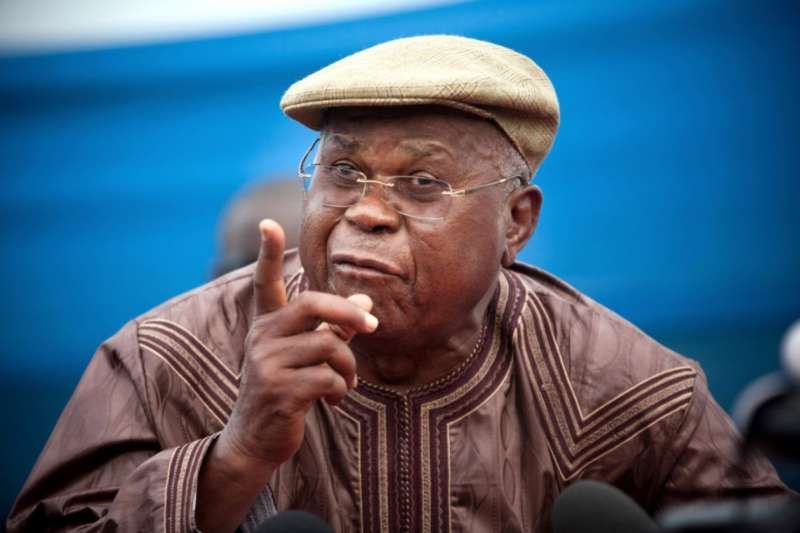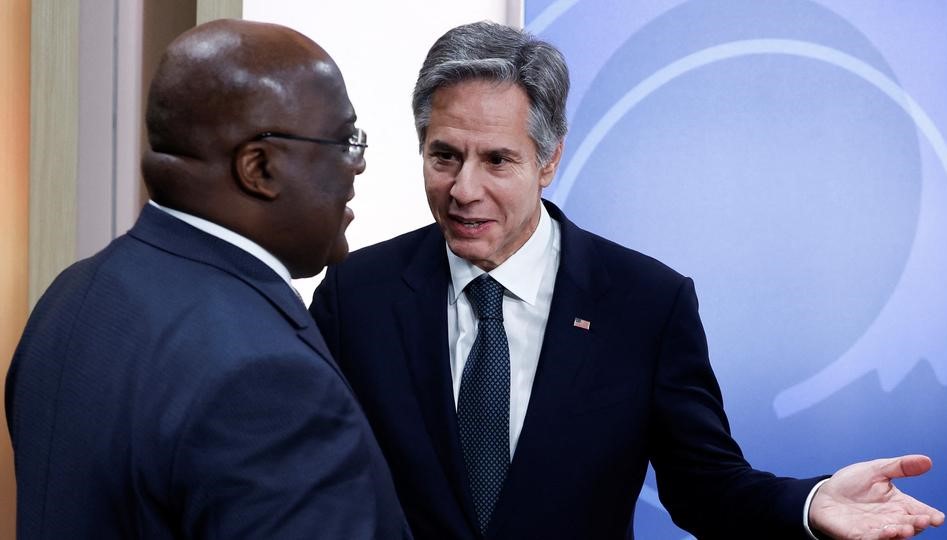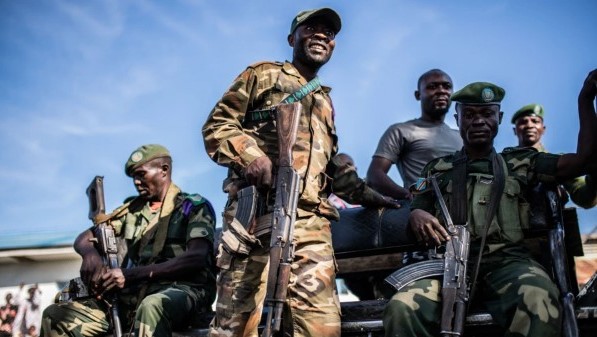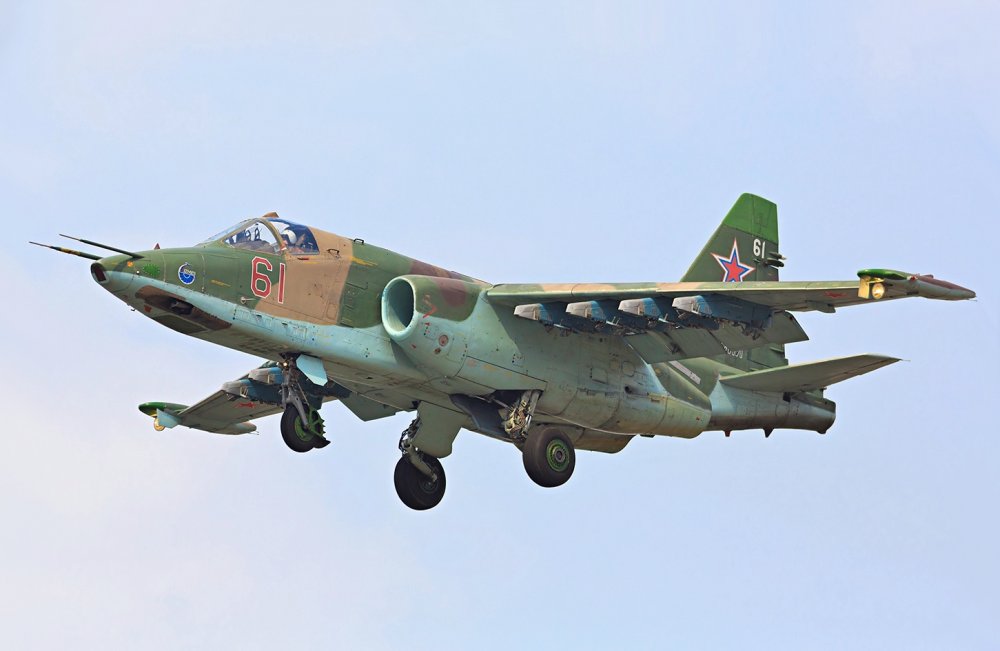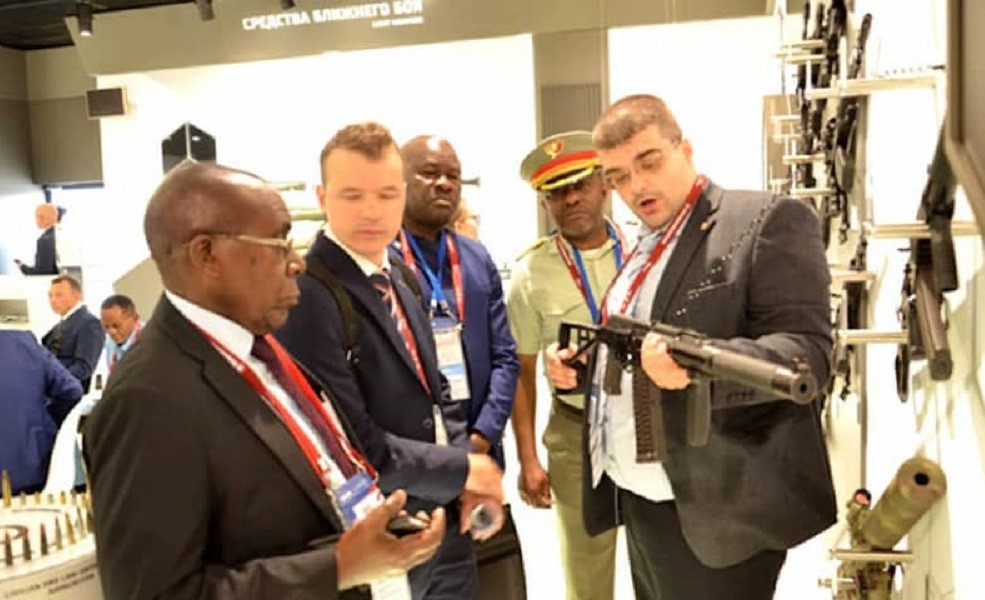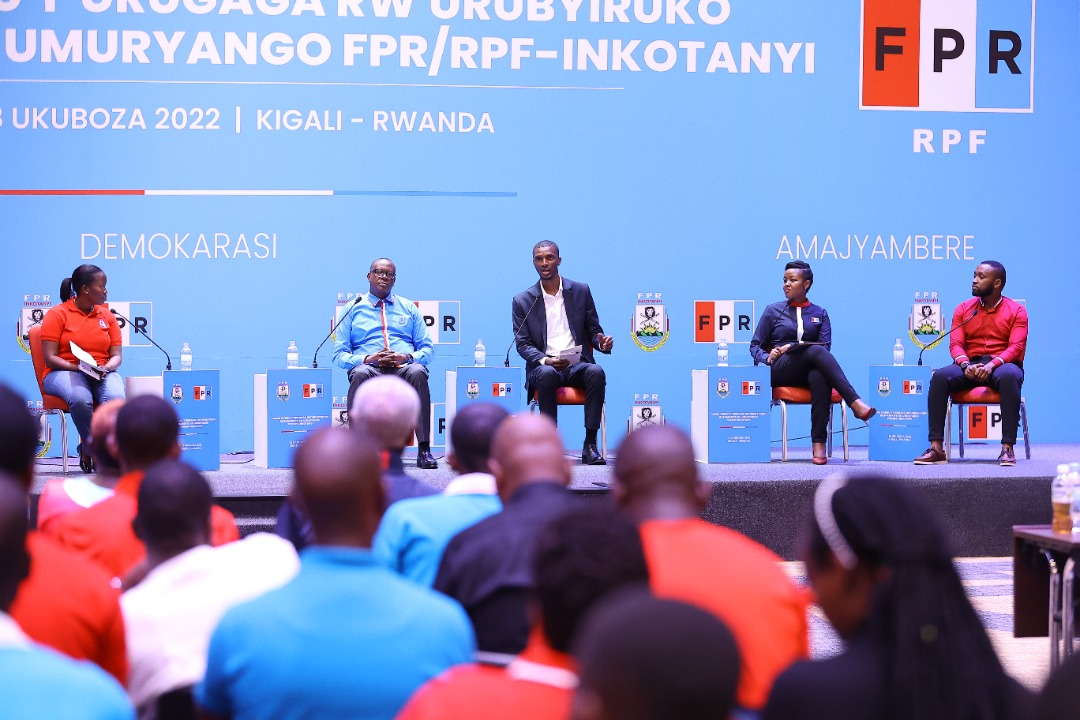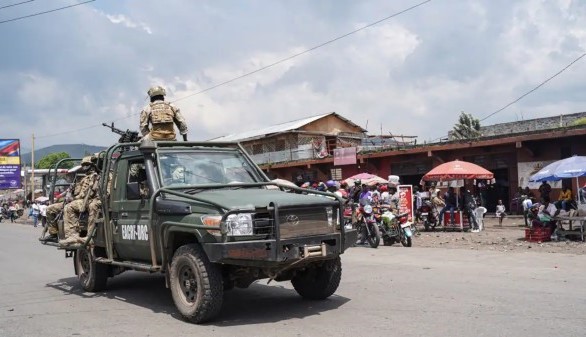Regional
DRC constantly breaching Luanda roadmap, Nairobi Process
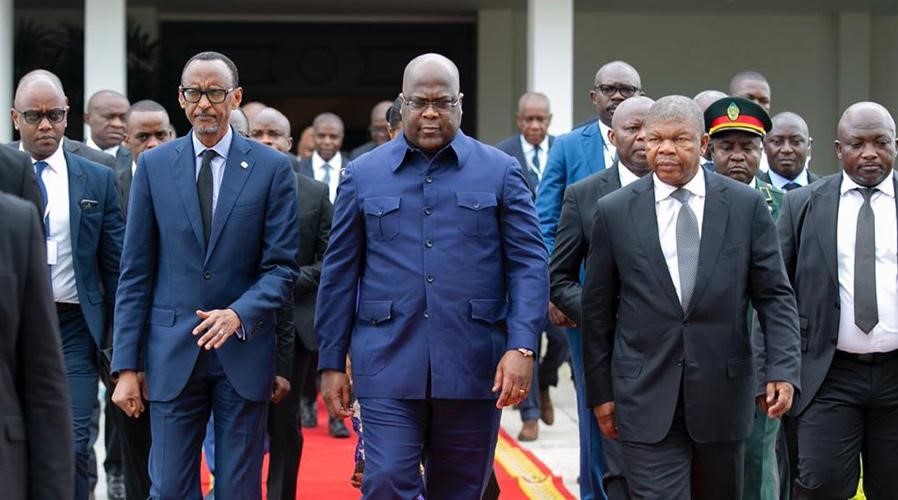
On
July 6, 2022, Presidents Paul Kagame, Félix Tshisekedi and João Lourenço met in
Luanda, Angola’s capital, and agreed on a roadmap to address the security
crisis in the Democratic Republic of Congo as well as de-escalating tension
between Rwanda and DRC. The agreement was preceded by the East African
Community-led Nairobi Peace Process initiated in April 2022, also aimed at
finding a lasting solution to the insecurity in DRC.
Under
the Luanda roadmap, Rwanda and DRC agreed on preventing violations of
territorial integrity and normalizing political and diplomatic relations, among
others.
Defeating
the FDLR, a genocidal militia operating on Congolese soil, and its splinter
groups, was among the key actions to be taken. This terrorist group is the origin
of tensions between Kigali and Kinshasa, and it also plays a major role in the
insecurity in eastern DRC. The militia group was formed by remnants of the perpetrators
of the genocide against the Tutsi in Rwanda, in 1994. After being defeated, the Rwandan genocidal
regime’s army and militia, fled to the then Zaire, now DRC, enmass.
There,
the genocidal leadership was able to continue its anti-Tutsi propaganda in full
view of the humanitarian community and the international community. The
architects of the genocide against the Tutsi in Rwanda knew they lost the war
but they plotted to come back to power, sooner or later, and finish off what
they had started. To date, they are still plotting, to carry out genocide
against the Tutsi, in DRC, Rwanda, and elsewhere.
The
Luanda and Nairobi Peace initiatives called for the disarmament of all armed
groups, cessation of hostilities and the withdrawal of M23 rebels from captured
territories. But Kinshasa has persistently breached both peace initiatives.
In
2022 alone, a coalition of the Congolese army and the Rwandan genocidal
militia, FDLR, shelled Rwandan territory three times - on March 19, May 23 and
June 10. Besides, FDLR splinter groups have carried out several other attacks
in Nyungwe and Virunga national parks in the past.
The
FDLR is a threat to DRC, their host for nearly the past three decades, Rwanda,
and the region, because of their genocide ideology. Kigali wants them denied
room for maneuver in eastern DRC and elsewhere but Kinshasa keeps protecting
and empowering them as they continue spreading their genocidal agenda, a
situation that bothers the Congolese Tutsi community which is directly impacted.
Several
reports including one by Human Rights Watch published on October 18, pinned
FARDC, on supplying arms and ammunitions to the FDLR. An FDLR fighter told HRW
that he witnessed four transfers of ammunition. “They also gave us uniforms and
boots,” he said.
Alice
Wairimu Nderitu, the UN Special Adviser on the Prevention of Genocide, in her
recent report to the UN Secretary General, says that "the current violence
is a harbinger of the fragility of society and evidence of the continuing
presence of the conditions that allowed hatred and large-scale violence to
erupt into genocide in the past.
In
eastern DRC, sha said, the current violence is mainly the result of the refugee
crisis which led to the flight of many individuals involved in the 1994
genocide against the Tutsi in Rwanda to eastern DRC, forming armed groups such
as the FDLR "which are still active
in eastern DRC."
The
Special Adviser noted that a solution to the ongoing conflict in eastern DRC
would require addressing the underlying causes of the violence and learning
from the past.
Worse
still, DRC also violated Rwanda’s territorial integrity on November 7 and
December 28 when its fighter jets crossed into Rwanda’s airspace. Kinshasa keeps
playing victim, nonetheless.
Congolese
leaders have relentlessly accused Rwanda of supporting the M23 rebels, and of
being responsible for the insecurity in the east of their country. Kigali has
denied the allegations and, pleaded with Kinshasa to stop the denial and,
instead, address its internal crisis. The M23 rebellion is an internal
Congolese political affair that Kigali does not want to be dragged into.
Kinshasa
has, for long, showed signs that it wants war more than solving problems in
diplomatic ways, flouting the regional efforts to find peaceful solutions. The M23
rebel group started withdrawing from its positions as part of the
recommendation of the Luanda Mini-Summit held on November 23, but the Congolese
army and its coalition keep attacking them.
Among
others, on December 28, the Congolese army and its allies launched an attack on
the M23 rebels, using heavy artillery and fighter jets. That was less than a week
after the rebels announced their withdrawal from one of their earlier held
territories, Kibumba, as a good will gesture in respect of the Luanda
Mini-Summit’s agreement.
The Luanda roadmap also urged Kinshasa to create
necessary conditions for the return of refugees and ex-fighters of M23 residing
in Rwanda. So far, the issue of the return of Congolese refugees seems not to be
in the government’s agenda. Rwanda hosts more than 70,000 Congolese refugees
who want to return home.
Kinshasa’s unwillingness to halt the proliferation
of hate speech against Rwandophones also reveals that it is not interested putting
in place the right conditions for refugees to come back home, in safety and
dignity.


